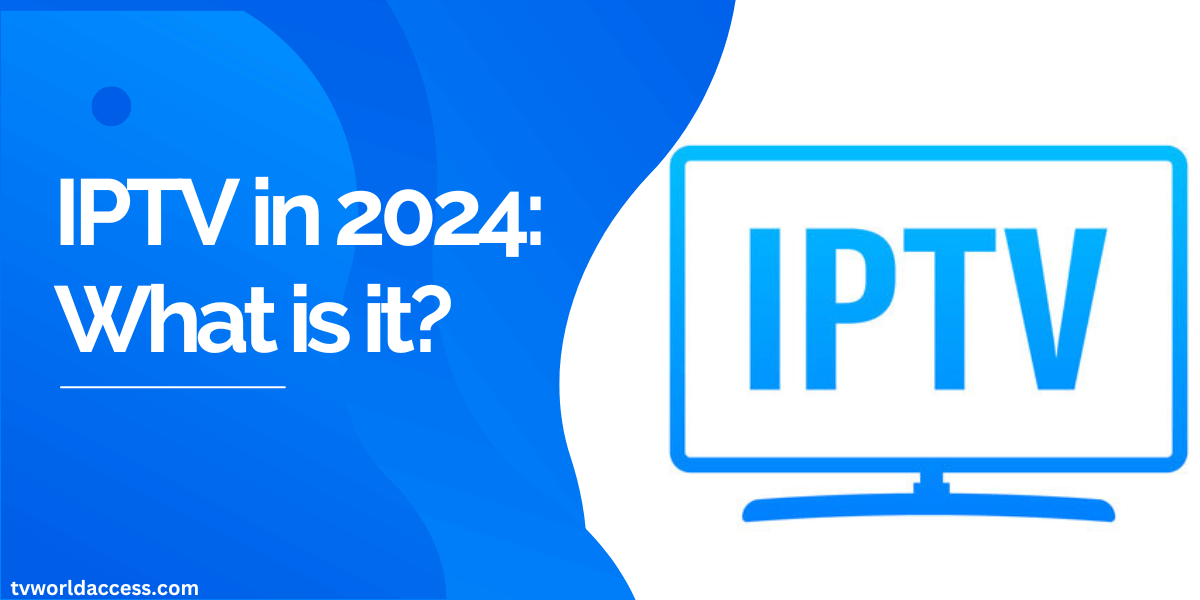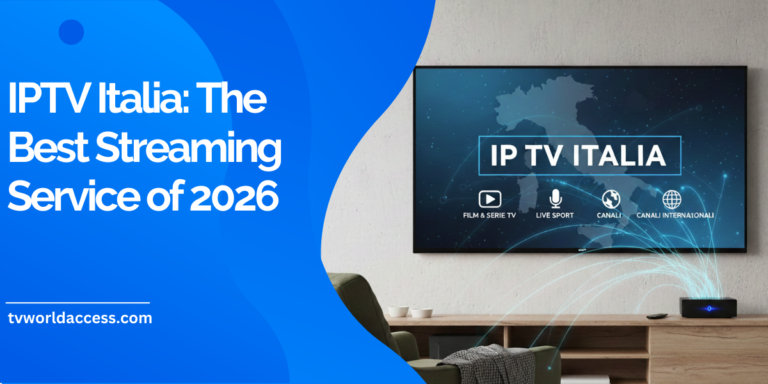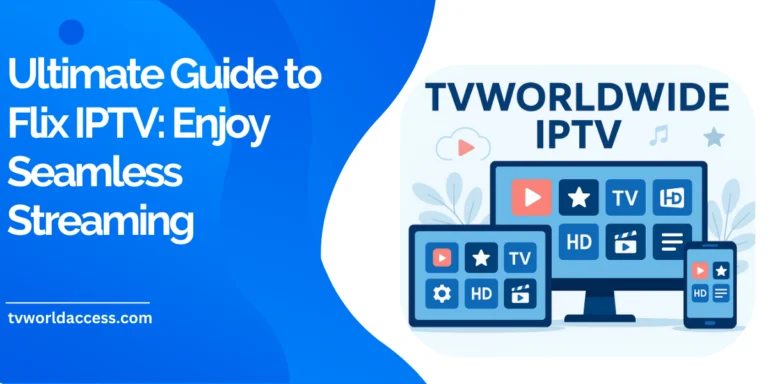[gtranslate]

Table of Contents
Introduction to IPTV
In the digital age, the way we consume media has evolved significantly, and IPTV stands at the forefront of this revolution. IP TV, or Internet Protocol Television, refers to the delivery of television content through internet protocol networks. Unlike traditional methods such as satellite or cable television, where content is transmitted through radio waves or cables, IP TV relies on broadband internet connections to deliver high-quality multimedia content directly to users’ devices.

Definition of IPTV
IP TV essentially allows users to stream media continuously from an online source, offering a diverse range of content including live TV, video-on-demand services, and TV-on-demand services.
Comparison with Traditional TV Delivery Methods
When comparing IP TV with traditional TV delivery methods like satellite or cable, several key distinctions become evident. While satellite and cable TV rely on specific infrastructure and broadcasting frequencies, IP TV leverages internet protocols to transmit data packets, enabling more efficient delivery of content.
Advantages of IPTV
One of the primary advantages of IP TV is the ability to stream content directly from an online source, eliminating the need for additional hardware or complex setup procedures. Moreover, IP TV offers minimal disturbance during streaming, ensuring a seamless viewing experience for users.
Types of IPTV Services
IP TV services encompass various categories, each catering to specific preferences and viewing habits of users.
Live Content Streaming
Live content streaming is a popular feature of IP TV, allowing users to watch live television broadcasts in real-time. Whether it’s sports events, news updates, or live entertainment shows, IP TV offers a diverse array of channels for live streaming.
Video-on-Demand Services
Video-on-demand services provide users with the flexibility to watch their favorite movies, TV shows, or documentaries at their convenience. With IP TV, subscribers can access an extensive library of on-demand content, enabling them to explore a vast selection of titles across different genres.
TV-on-Demand Services
TV-on-demand services go beyond traditional programming schedules, enabling users to access specific TV channels on demand. Whether it’s catching up on missed episodes or binge-watching entire seasons, IP TV offers a seamless TV-on-demand experience for subscribers.
Precautions when Using IPTV Platforms
While IPTV presents numerous benefits, users should exercise caution to ensure a safe and secure viewing experience.
1. Use a VPN: Employing a Virtual Private Network (VPN) adds an extra layer of security by encrypting internet traffic, protecting users’ privacy and anonymity while streaming IPTV content.
2. Be Careful About Advertisements: Some IPTV platforms may display intrusive advertisements or pop-ups, potentially exposing users to malicious content. It’s essential to be cautious when interacting with ads and avoid clicking on suspicious links.
3.Payment Security: When subscribing to IPTV services, prioritize platforms that offer secure payment options and adhere to industry standards for financial transactions. Avoid sharing sensitive information such as credit card details or personal data with unreliable sources.
Risks of Using an Illegal IPTV Platform
While the allure of free or heavily discounted IPTV services may seem tempting, users should be aware of the potential risks associated with illegal platforms.
1. Unreliability: Illegal IP TV platforms often lack proper infrastructure and technical support, leading to frequent disruptions in service and unreliable streaming quality.
2. Legal Action: Engaging with illegal IP TV services may expose users to legal consequences, including copyright infringement charges and monetary fines.
3. Viruses/Malware: Illicit IPTV platforms pose a significant cybersecurity threat, as they may distribute pirated content bundled with malicious software or viruses, putting users’ devices and personal information at risk.
Considerations when Choosing an IPTV Service
Selecting the right IPTV service requires careful consideration of various factors to ensure an optimal viewing experience.
– Price: Evaluate subscription plans and pricing options offered by different IPTV providers, taking into account factors such as affordability and value for money.
– Exclusive Shows: Look for IP TV services that offer exclusive shows or original content, providing unique entertainment options beyond mainstream television programming.
– Legality: Prioritize licensed and legitimate IPTV services that comply with copyright laws and content distribution regulations, minimizing the risk of legal complications.
Conclusion
In summary, IPTV represents a revolutionary approach to television broadcasting, offering unparalleled convenience, flexibility, and accessibility to users worldwide. By understanding the intricacies of IPTV technology and adopting appropriate safety measures, individuals can enjoy a rich multimedia experience while safeguarding their privacy and security.

FAQs (Frequently Asked Questions)
1. What is IPTV?
– IP TV, or Internet Protocol Television, refers to the delivery of television content through internet protocol networks, enabling users to stream media continuously from an online source.
2. How does IP TV differ from traditional TV delivery methods?
– Unlike traditional methods such as satellite or cable television, IP TV relies on broadband internet connections to deliver content, offering greater flexibility and accessibility to users.
3. What are the advantages of IP TV?
– The advantages of IP TV include streaming from online sources, minimal disturbance during viewing, access to live content, video-on-demand services, and TV-on-demand services.
4. What are the types of IP TV services?
– IP TV services encompass live content streaming, video-on-demand services, and TV-on-demand services, catering to diverse viewing preferences.
5. What precautions should be taken when using IPTV platforms?
– Users should use a VPN for added security, exercise caution with advertisements, and ensure payment security when subscribing to IP TV services.




[…] 1. What are the benefits of IPTV? […]